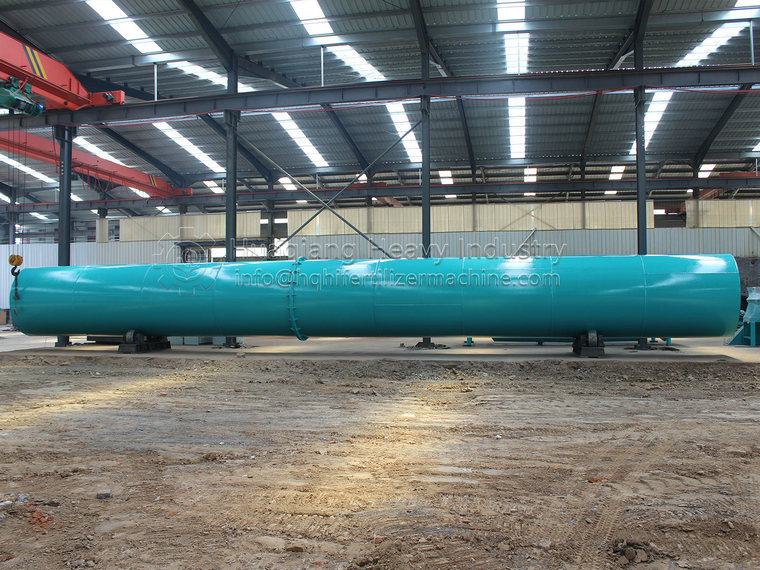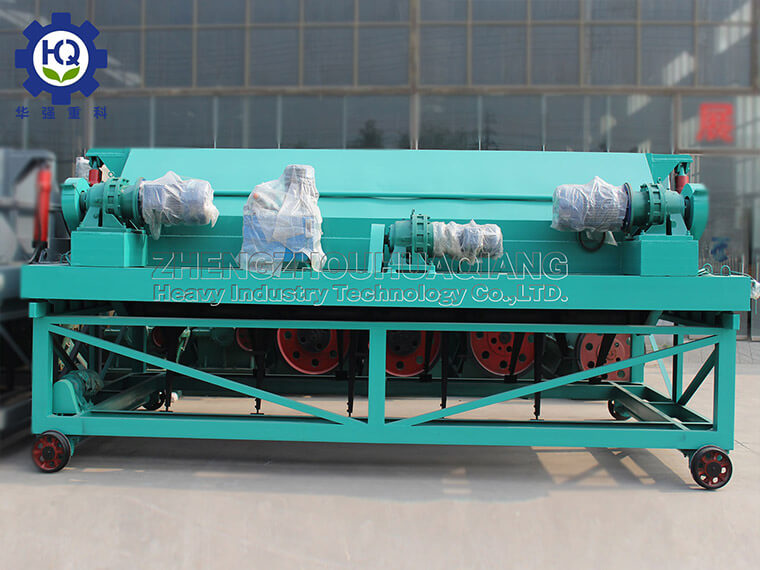How to choose a suitable organic fertilizer granulator for chicken manure production fertilizer?
A complete set of granular organic fertilizer production line in the production of organic fertilizer choose granulator is also the main reason, some granulator production is round particles, some are columnar, some flat ball type, such as the production of particles can choose disc granulator, new organic fertilizer granulator, drum granulator, such as the production of columnar ring mold granulator, columnar extruder, Flat ball type choose to double roller press granulator. But all kinds of granulation equipment have advantages and disadvantages. According to raw materials, investment costs (drying does not dry), according to the needs of farmers, the choice of equipment is different. In a complete organic fertilizer production process, fermentation and granulation, grinding are the three most critical steps, so the fermentation pile turning machine and organic fertilizer granulator, organic fertilizer grinder in all the organic fertilizer equipment occupies an important role. Here we will discuss the problems that may be encountered in the production process in view of these two key links.
The small-scale organic fertilizer production line should also process the compost according to the use and market needs to be sold as a product. The purpose of composting is to improve the fertilizer efficiency and marketability of the compost products, so as to improve the comprehensive economic benefits.
How to choose granulator in organic fertilizer production? You can refer to the following information: for example, the production of particles can choose disk granulator, new organic fertilizer granulator, drum granulator; Select ring mold granulator and column extruder for columnar production; Irregular, flat ball type is selected to roll extrusion granulator (according to the mold);All kinds of granulation equipment have advantages and disadvantages. According to raw materials, investment costs (drying does not dry), according to the needs of farmers, the choice of equipment is different.
.jpg)
.jpg)

.jpg)
.jpg)

.jpg)
.jpg)
